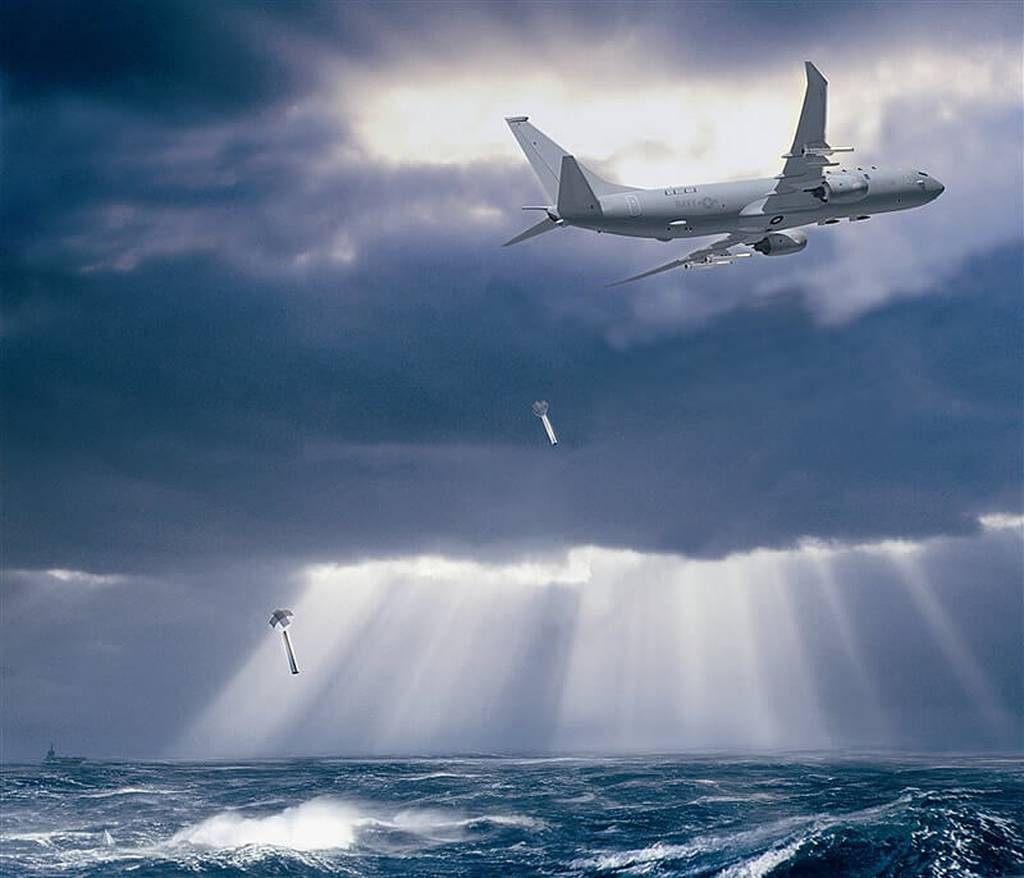
From drones to sonobuoys, AUKUS partners betting on AI
The U.S. Department of Defense requested $1.8 billion for artificial intelligence in fiscal 2024.

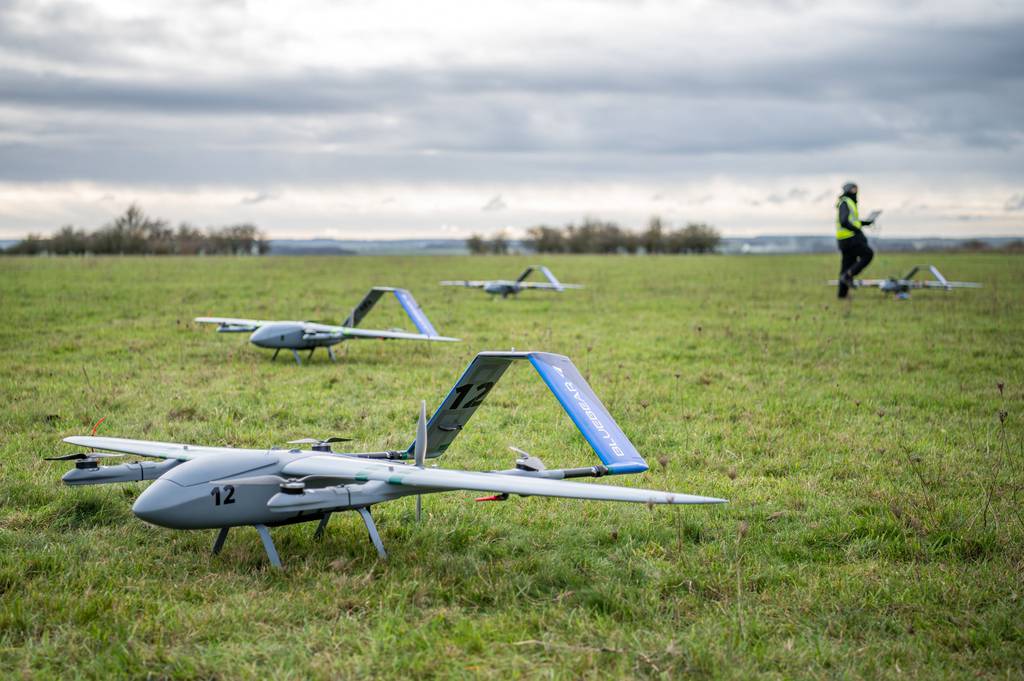
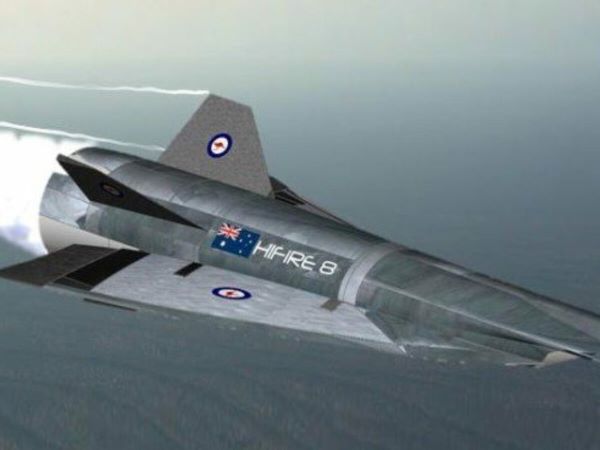
 www.aumanufacturing.com.au
www.aumanufacturing.com.au
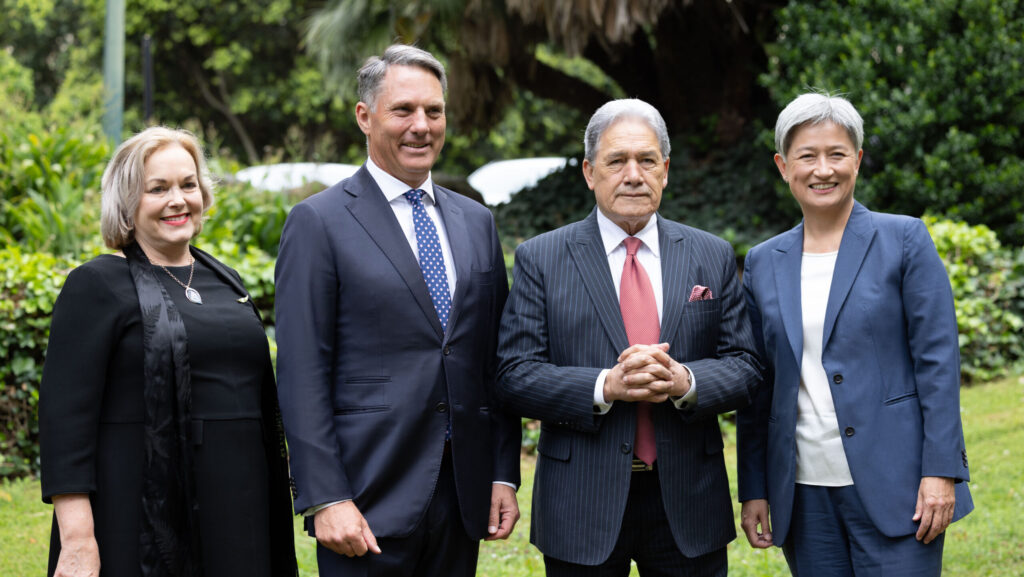
I still don't see how NZ would be allowed to join an alliance when NZ won't allow the warships of other members of said alliance to dock.New Zealand defence minister is meeting her Australian counterpart on Thursday and reports are New Zealand will formally request to join Pillar 2 of AUKUS.
I still don't see how NZ would be allowed to join an alliance when NZ won't allow the warships of other members of said alliance to dock.
I still don't see how NZ would be allowed to join an alliance when NZ won't allow the warships of other members of said alliance to dock.
Folks, under the New Zealand Nuclear Free Zone, Disarmament, and Arms Control Act 1987 the following apply:Technically NZ only will not let USN ships dock. And also, they really don't bring anything to the table in that capacity compared to Australia anyway. My guess is if they are allowed in, it is because they still have a Five Eyes role and also just so the US can point to how deep its bench is. Their military and their facilities have nothing of value.
That is the US's decision though, it is not the NZ legislation. Do not confuse the two.I believe the U.S. is unique in its policy of not declaring explicitly whether or not any given ship does or does not have nuclear weapons, so I think functionally the ban only applies to USN ships (unless the RN has a similar policy?). Since Australia has no nuclear weapons I presume this is a non issue for them.
NZ has made it clear their policy extends to nuclear-powered vessels, so it would exclude nuke subs from any nation. That said, it's a small inconvenience the USN is generally willing to live with in exchange for the benefits of expanding partnership with Kiwiland.I believe the U.S. is unique in its policy of not declaring explicitly whether or not any given ship does or does not have nuclear weapons, so I think functionally the ban only applies to USN ships (unless the RN has a similar policy?). Since Australia has no nuclear weapons I presume this is a non issue for them.
The USN has a policy of neither confirming nor denying the presence of nuclear weapons aboard its ships. This proved to be a sticking point as they would only be allowed to dock after stating that there were no nuclear weapons on board, breaking that policy. The solution was for the USN ships to go to Australia, so yes, as GTX says, it's a USN decision, not a ban on American vessels. We certainly haven't blocked Australian vessels at all.However a USN ship that was neither nuclear powered and did not have nuclear weapons on board would be permitted.
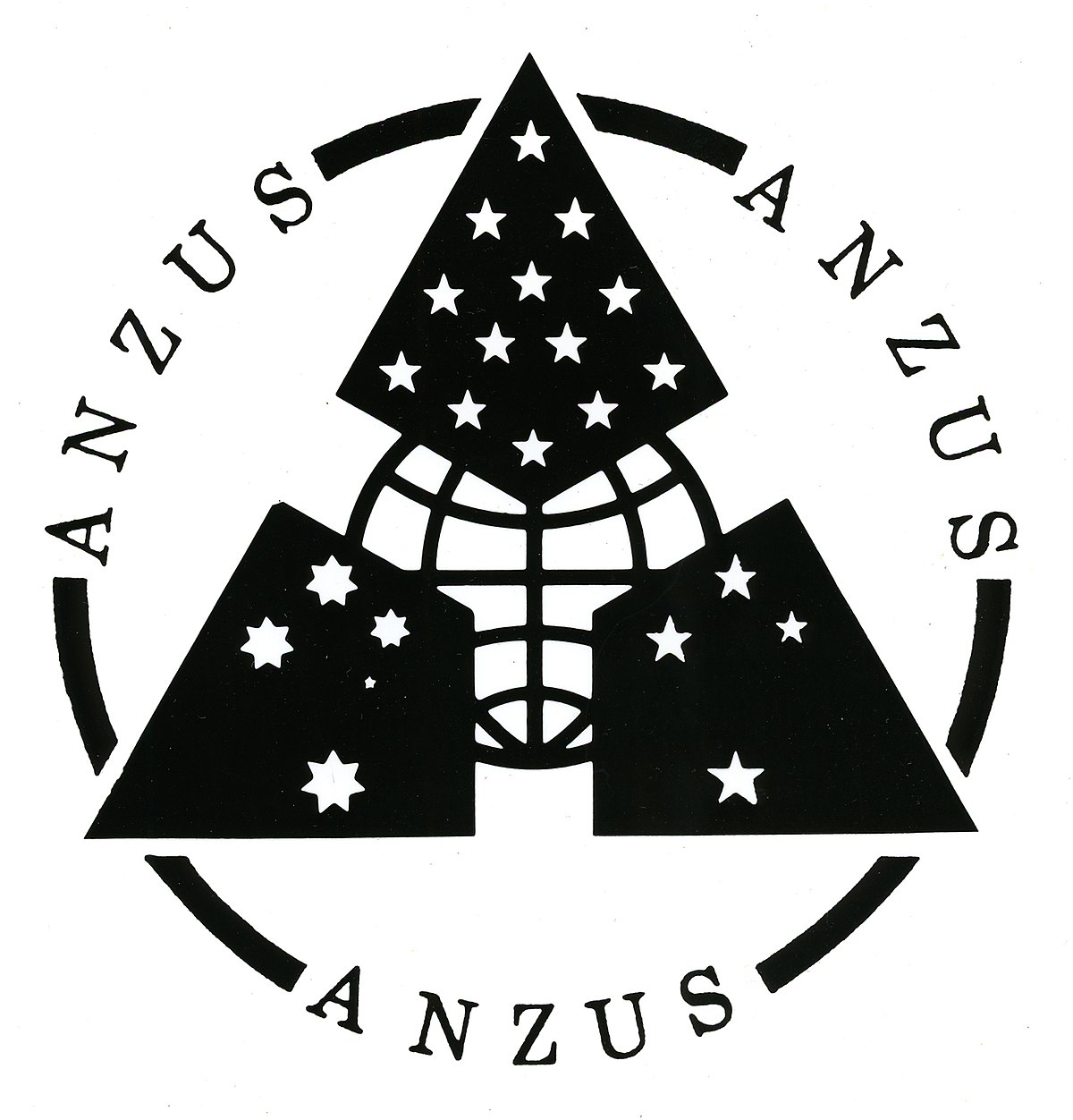

Rocketlab launches from here. Lately they've been pursuing US military and intelligence contracts (which has led to some local opposition as they initially promised that they wouldn't be doing that).A quick search shows New Zealand has some strength in information technology which ties into the space sector. Anyone with more knowledge can formulate how partner countries can benefit from this deal with NZ?
Given that it is US law that "The United States Navy will neither confirm, nor deny, the presence or absence of nuclear weapons onboard any ship", no USN ship has stopped in NZ since the No Nukes policy was declared in 1984.The USN policy is a little outdated in that it is well known that none of its surface combatants carry special weapons for decades now. But also I think docking in NZ just isn’t a priority for them.
Given that it is US law that "The United States Navy will neither confirm, nor deny, the presence or absence of nuclear weapons onboard any ship", no USN ship has stopped in NZ since the No Nukes policy was declared in 1984.
Was explained to me as law, though that could be UCMJ "law" and not Congress.My impression was that this was a DoD policy and not a US law. Is this something Congress specifically mandated?
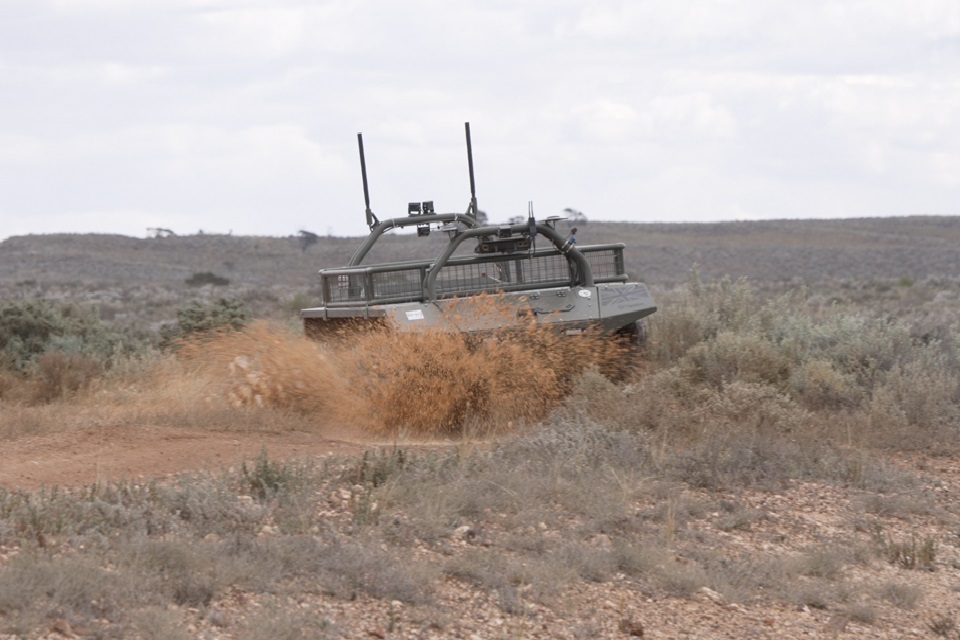
Errr...not quite:no USN ship has stopped in NZ since the No Nukes policy was declared in 1984.
Wonder how that worked, because I'm under the impression that NZ law requires someone to ask if the ship is carrying nuclear weapons and the USN will only say "can neither confirm nor deny" when asked.
NZ still asks if the ships are carrying nuclear weapons, and the only allowed answer to that question is "can neither confirm nor deny"I am not sure what the problem is, the USN was instructed to remove all nuclear warheads back in, what, 1990, by President Bush, except for SLBMs. Therefore there is only nuclear powered ships to worry about and the USN is not an all-nuclear navy. Just have them send non-nuclear powered ships to Kiwiland. Problem solved.
NZ still asks if the ships are carrying nuclear weapons, and the only allowed answer to that question is "can neither confirm nor deny"
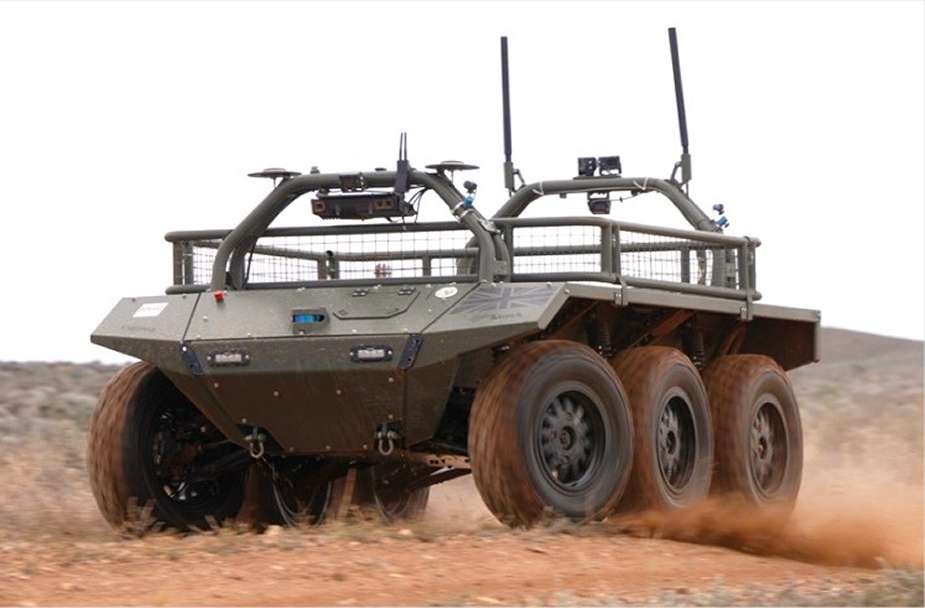
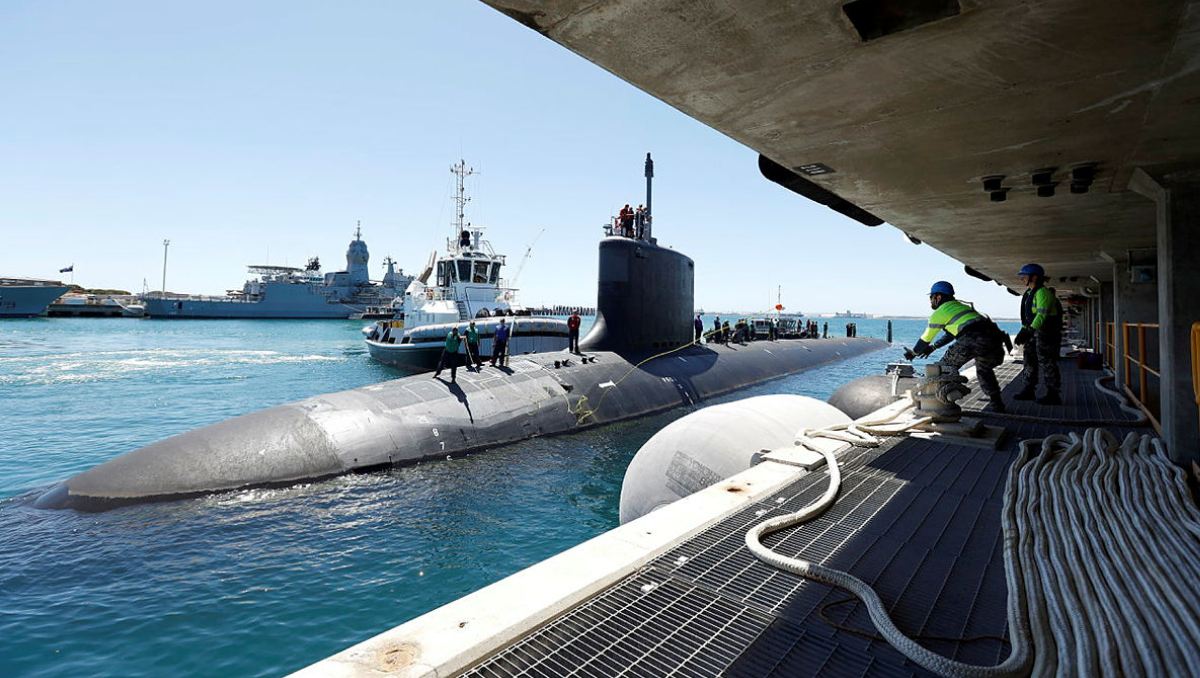
My response as head of NZDF would be:My concern, as a New Zealander, would be the military's ability to contribute. Not by way of skill or knowledge but because of the new government's mandate that every department must cut 6.5% (7.5% in some cases but 6.5 for NZDF), on top of already compounding retention issues.
My concern, as a New Zealander, would be the military's ability to contribute. Not by way of skill or knowledge but because of the new government's mandate that every department must cut 6.5% (7.5% in some cases but 6.5 for NZDF), on top of already compounding retention issues.
ExactlyAUKUS pillar 2 isnt really a military structure but a tech sharing one, they can contribute academically through university participation or through companies participating. Beyond Hypersonics and Electronic Warfare there are also more mundane elements like Cyber Warfare, Quantum tech, AI and undersea exploration technology which will have heavy civilian application.
For example New Zealand has companies that develop underwater drones.
NZ still asks if the ships are carrying nuclear weapons, and the only allowed answer to that question is "can neither confirm nor deny"
Because that's the instructions given to every Sailor if asked that question. You WILL answer that question as "can neither confirm nor deny", or your ass will go to Leavenworth for espionage.Why? US Navy surface ships are known not to carry nukes so what is the point in denying their existence.
